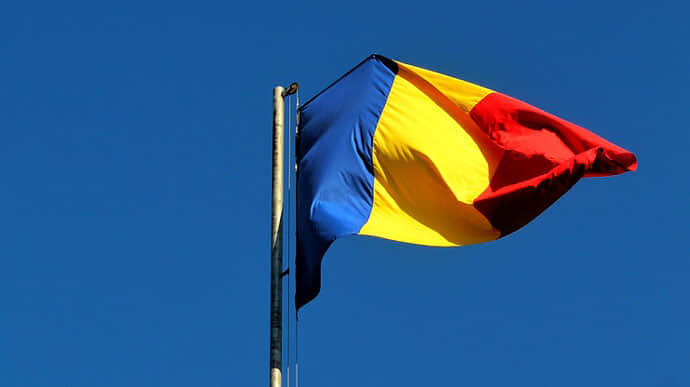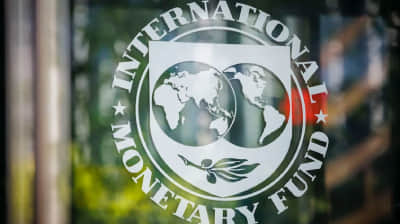Romanian government reaches agreement with farmers who blocked border with Ukraine

The Ministry of Agriculture of Romania and representatives of major agricultural organisations have reached an agreement on 15 January, addressing several demands of farmers protesting for six days and blocking the border with Ukraine.
Source: European Pravda, citing Euractiv
Details: Agriculture Minister Florin Barbu reported that the agreement covers 13 farmers' demands, but discussions will continue further to find a compromise on the rest of the demands.
The government has committed to fully subsidising all agricultural excise until 2026 and immediately implementing provisions for subsidised interest rates.
Marius Micu, one of the farmers' representatives at the talks, said the agreement does not mean an immediate end to the protests, as their duration may be affected by the upcoming negotiations with the hauliers, which will last until 18 January.
Micu added that it is important for the government to grant permission to deviate from mandatory crop rotation rules and allocate 4% fallow land on each farm by 31 January.
Romanian farmers, among other things, blocked lorry traffic on the border with Ukraine.
Additionally, the government has accepted requests for compensation for losses caused by imports from Ukraine. Measures include clear labelling of grain and other goods, as well as electronic monitoring of seals using GPS at the Constanța port.
Barbu denied that Romania aims to impose tariffs on grain imports from Ukraine.
Background:
- The Ministry of Agriculture of Hungary stated that five Eastern EU countries, including Romania, are once again urging the European Union to impose import duties on grain from Ukraine.
- The Hungarian Ministry reported that the Ministers of Agriculture of Bulgaria, Poland, Hungary, Romania and Slovakia sent a corresponding letter to the European Commission.
Support UP or become our patron!





